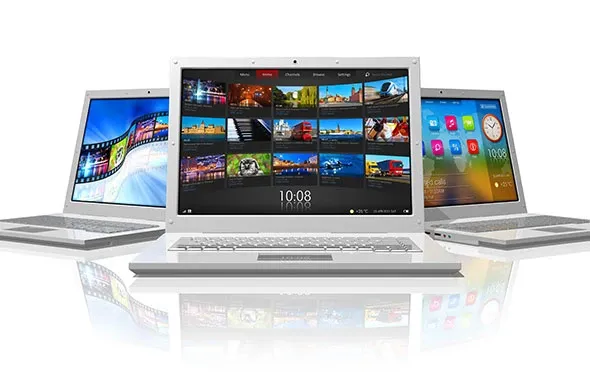HP released the results of a study that works to better understand the level of awareness associated with webcam hacking and how consumers changed their behavior as a result. To uncover how people associate webcam usage with their day-to-day, HP commissioned a survey of 3,000 individuals across North America, including 1,000 US consumers that own a laptop with an internal webcam.
Based on the US results of the survey, 8 in 10 consumers are aware privacy can be comprised via their laptop webcam, and more than 6 in 10 consumers are actually concerned that their privacy will be compromised. How respondents heard about webcam hacking is equally fascinating; among US respondents, 43 percent learned about webcam hacking through social media, with 40 percent via a movie or television show.
And webcam hacking is also a topic of conversation among friends and family, with 38 percent of respondents hearing about webcam hacking via word of mouth. Equally shocking, 1 in 10 respondents either know someone whose webcam was hacked or have themselves been hacked via their webcam.
Less than half of consumers feel comfortable leaving their laptop open with highest levels of discomfort in more intimate activities, including using the bathroom (81 percent), being intimate (80 percent) and sleeping (63 percent). Even more casual and mundane activities had a large degree of discomfort, from crying (64 percent), working out (55 percent), to eating dinner (46 percent).
Because of this discomfort, 3 in 4 respondents said if they were in view of their laptop’s webcam they would either turn it off, cover it, or close their laptop to get out of view. And 6 in 10 respondents physically cover their laptop’s webcam to feel more secure or prevent it from being compromised, using everything from tape (46 percent), or a sticky note (35 percent), to a bandage (8 percent), or even a piece of gum (2 percent).
80 percent of Baby Boomers are aware of the issue of webcam hacking, but only 49 percent have covered their webcams to feel more secure. The issue of webcam hacking also varies by gender, with women feeling significantly more vulnerable (67 percent of women vs. 59 percent of men) concerning their privacy being comprised via their laptop webcam.
Finally, more than 8 in 10 consumers believe laptop manufacturers should make it easier to turn off a laptop’s webcam. Nearly half of respondents believe it takes too much effort to turn off a webcam in a laptop’s settings, and 79 percent wish they could turn it off with the flip of a switch, similar to the HP webcam kill switch feature found on new HP Spectre and HP ENVY laptops, to help life move without interruption and give people peace of mind to be themselves.



















